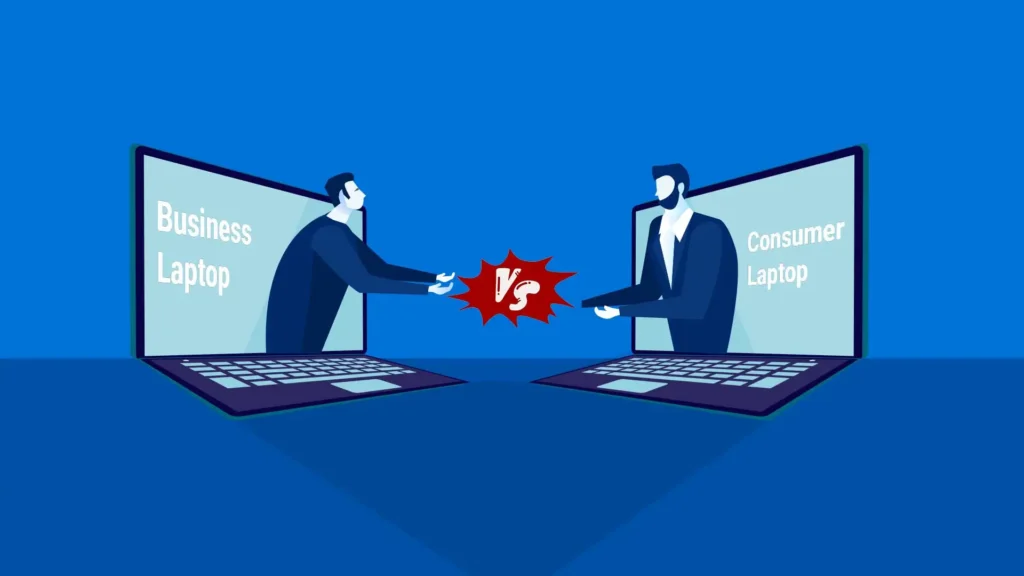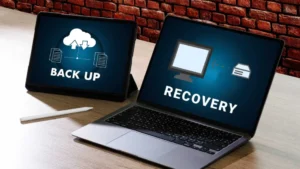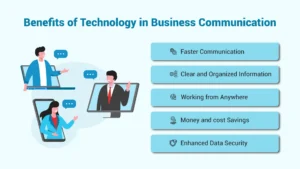In the realm of choosing a laptop between a business laptop and a Consumer Laptop can raise a question: Business Laptop vs Consumer Laptop – which reigns supreme? So, it’s crucial to grasp the differences between the two. While consumer laptops may initially attract with their affordability, there’s a deeper analysis to be made. Business-grade laptops emphasize reliability and feature advanced security measures, durability, and prolonged battery performance. Although they may require a higher upfront investment, they represent a commitment to long-term efficiency. Opting for a business laptop isn’t merely acquiring a device; it’s securing smoother operations and minimizing future complications.
In the modern digital era, selecting the ideal laptop to suit your requirements is paramount. It’s essential to thoroughly explore the differences between business and consumer laptops. By delving into these discrepancies, you’ll uncover why investing in a business-grade laptop ensures enduring worth, shielding you from future complications and expenditures.
The Importance of Choosing the Right Laptop for Your Needs
When you buy a computer do you know what you are looking for and what it needs in order to best serve you? You do know what you need to do your job, but do you know what your computer needs to achieve that? As it turns out a lot of things you may not think of go into making your computer work.
Your first instinct may be to go to Best Buy to pick up a computer off the shelf for a couple of hundred dollars. That’s fine and all until you try and join it to your domain, then you will need to drop another hundred dollars on the pro edition of Windows to be able to access your network shares.
Business Laptop vs Consumer Laptop: Understanding the Differences
When considering “business laptop vs consumer laptop, let’s say that you have a higher-end consumer-grade laptop, but some business features are still left off these laptops. The battery life and life of the computer on a business-grade laptop are generally longer than consumer-grade, and the security features on a business-grade laptop have usually been upgraded.
Consumer-grade computers aren’t bad, they just aren’t right for business environments. They can’t stand up to the rigors of lots of applications running at once, the ones that crave processing power. The business-grade laptops are designed with traveling and longer active periods in mind. When manufacturers design consumer computers, it is assumed that the consumer will want to upgrade often to stay on top of the latest technology. It is also presumed that consumers are not as tough on their laptops as business users might be.
Are business laptops better? Business laptops are created for the long haul. Companies don’t want to interrupt the workflow to constantly replace equipment and manufacturers understand this. Another plus is that the designs don’t vary much from year to year, making it easier for longer to replace parts in them. Once more, business machines are built to be durable. Many of them are dirt and water-resistant and can withstand the occasional short drop. They are designed to run for a 40+ hour work week, consumer-grade laptops are not.
On the other hand, consumer laptops are much flashier looking than business-grade laptops, however, business computers are starting to catch up to them. There is a demand for the business models to look a little more appealing. They already have ergonomics and durability on their side and seem to be quickly moving up aesthetically.
Considerations When Investing in a Business Laptop
As I mentioned earlier, you’re likely to pay a bit more for a business-grade laptop. The upgraded security features, durability, power, increased battery life, and speed naturally come at a higher cost. Of course, there are lower-end models and customization options you can leave off the table in order to cut costs. I would recommend resisting the urge to go cheap on a business computer and focus on long-term usage. Having the right device at the end of the day will save you future stress and repair costs.
Author

Jay S. Allen, MCP, MCSA, MCSE, MCSE+ Security, is an experienced IT professional with more than 20 years in the industry. He specializes in delivering enterprise-level cybersecurity and IT support solutions tailored to small and mid-sized businesses. Through Techno Advantage, Jay is dedicated to helping organizations strengthen their security posture and achieve greater efficiency through smart, scalable technology solutions.














